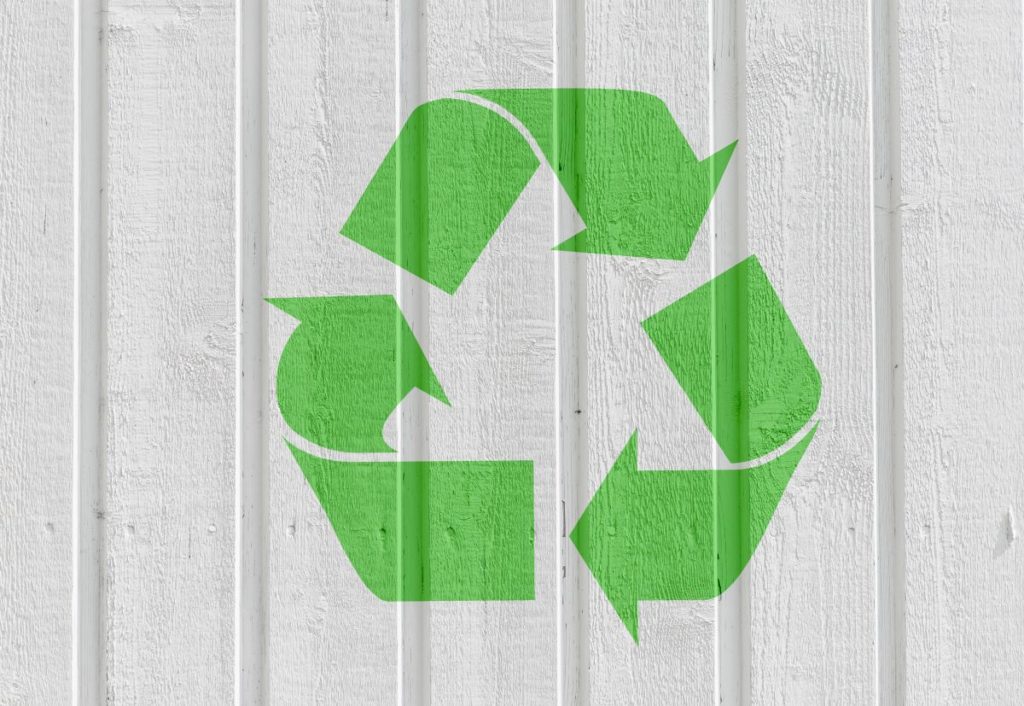We have come a long way when it comes to recycling, but there’s still much work to be done. As a contributing member of society, it’s your responsibility to understand why proper waste management matters. Just being mindful of the sheer amount of waste we produce daily can help our community become cleaner and safer for the generations to come.
Reducing, reusing, and recycling is the way to go, and it’s easier and safer now more than ever. It isn’t rocket science. Anything old (empty cans, newspapers, maybe even your bike) can be reused. And that wastebasket full of food shavings and peels? That makes for great compost.
Unfortunately, despite advancements in waste management, many households and businesses still send most of their trash to the landfill. People have been used to dumping all different kinds of waste into junk bins, only to be picked up by the garbage truck. Sometimes, extra waste is exported to other countries in large containers simply because our own landfills have run out of space to accommodate that much trash.
We know you want to do your part in making the world a cleaner place, and we want to help you. We have curated a small yet significant list of different ways to manage waste better wherever you are.
1. Know your trash
Waste classification will help you manage waste better. Some of the most common types of waste include hazardous waste, recyclable waste, solid non-recyclable waste, and organic waste. It’s important to keep these kinds separate because mixing them all in one bag or bin will ruin the point of waste management. Remember: there are different ways of processing different kinds of waste, so keep a container per kind of waste at home or work.
Cleaning agents, expired medicines, and other harmful chemicals belong in the hazardous waste bin. This kind of bin has to be made of specialized material because normal plastic bins degrade faster when exposed to volatile chemicals. Organic waste like food peels and residue can go into a compost heap, and recyclables can be stored somewhere cool and dry.
2. Sort and keep trash separate
So you’ve classified the kinds of waste you have. Mixing them all in one large bin is a big no-no because you’d have wasted all the effort you put into classifying and sorting them in their special bins. If all of this is too confusing for you, you might want to develop an easy system to tell the bins apart.
An easy way to differentiate bins is by color-coding them. For instance, you can assign green for organic waste, red for solid non-recyclables, and black for hazardous waste. You also can keep recyclables like metal cans (washed, of course!), glass bottles, and scrap paper in a different labeled container to store them.

3. Don’t throw away food
Leftovers and other food scraps end up in trash bins before they are dumped at a landfill. Left for too long, food scraps will start to decompose, and the odor will attract pests and wild animals to your property.
Try making your own compost heap. If you have a garden, composting can be a good way to use your food scraps. Use food scraps to make the soil richer, and you also make the grubs in the compost heap happy.
4. Produce less waste
The reason why we produce so much waste is we’re not mindful enough about our own consumption. For instance, make it a point to use a reusable tote bag when grocery shopping. You can also choose to buy items in bulk to reduce your reliance on plastic bags. Single-use plastics are hard to avoid, especially on a tight budget, so do your best to minimize your usage of them if you really cannot afford to cut them out.
The industry is slowly embracing biodegradable packaging, so support brands that use sustainable bags reduce the amount of waste normal cardboard and plastic packaging in your supply. Not only are they better for the environment, but they also tend to be cheaper.
A final word
Having a good waste management plan will help you stay as hygienic and responsible as possible. You don’t want raccoons running around your lawn just because you left food waste out in the open. Your neighbors will thank you for playing your part, and hopefully, your actions set off a chain reaction of better waste management in your community.


